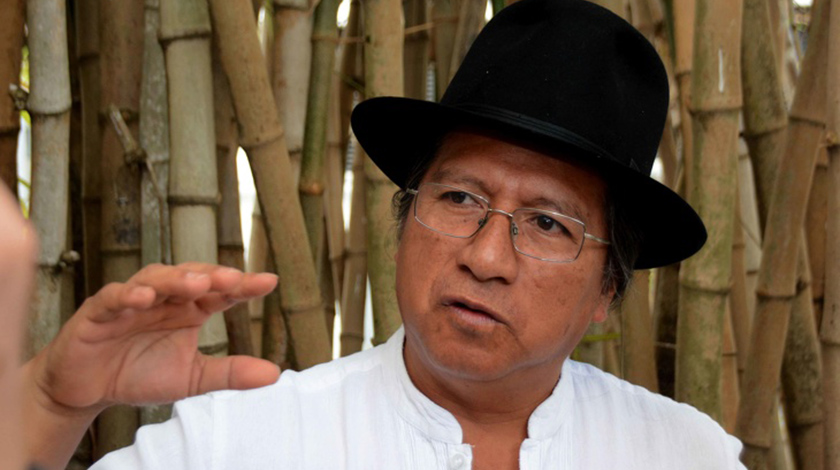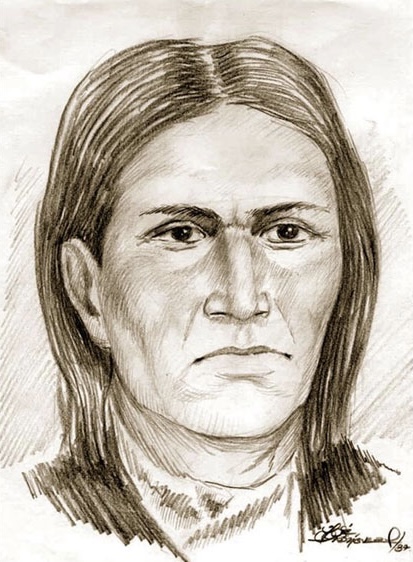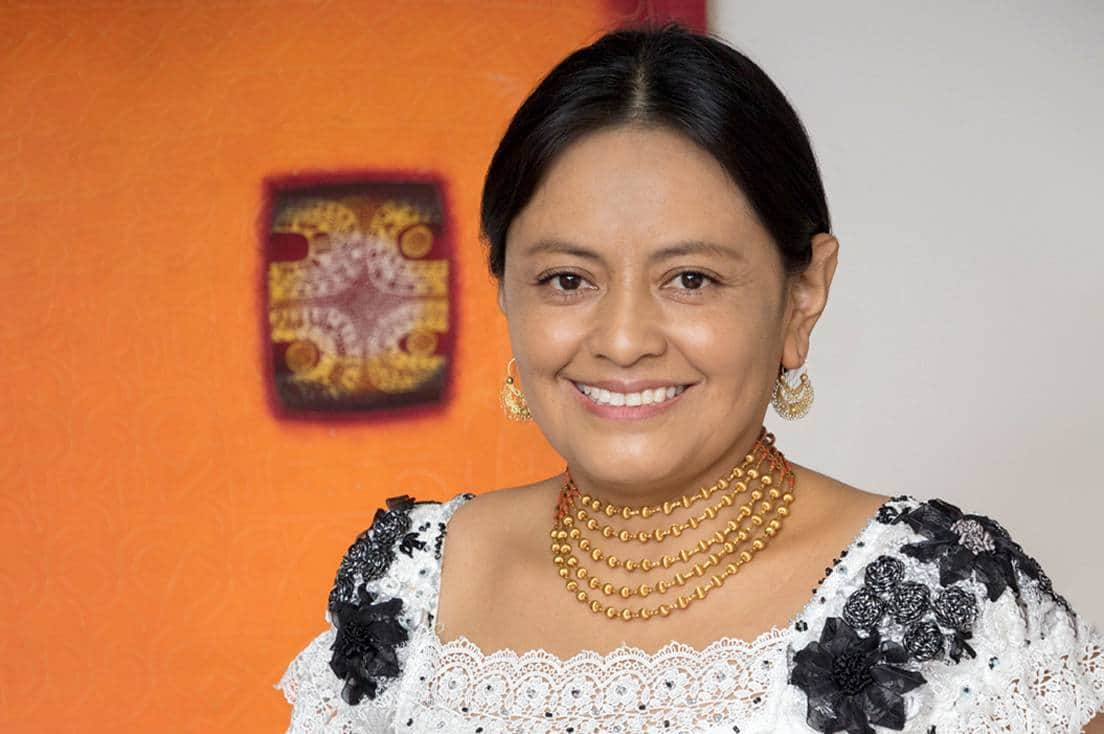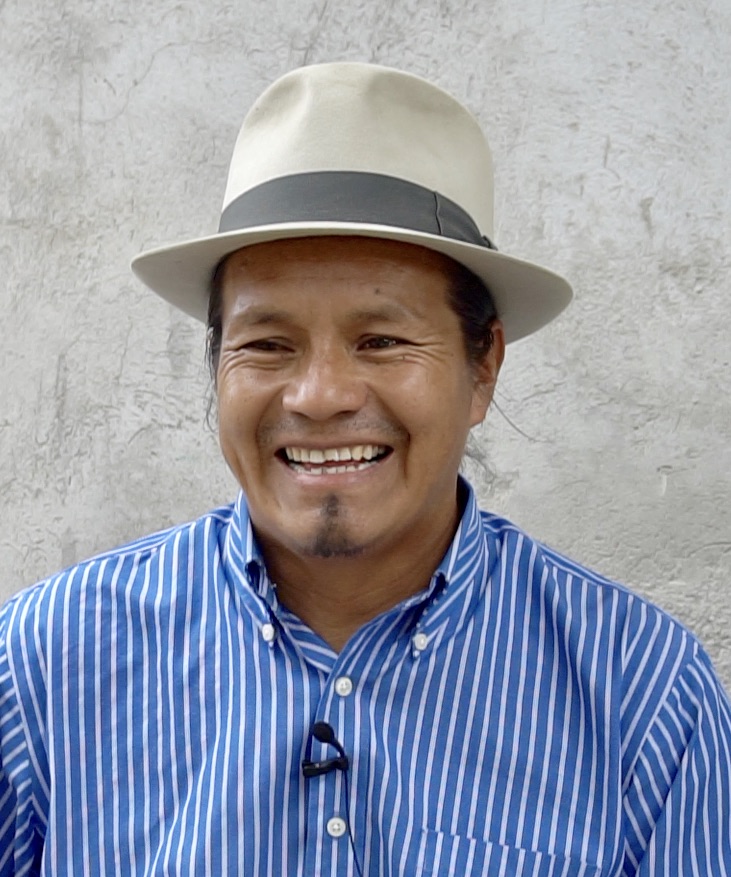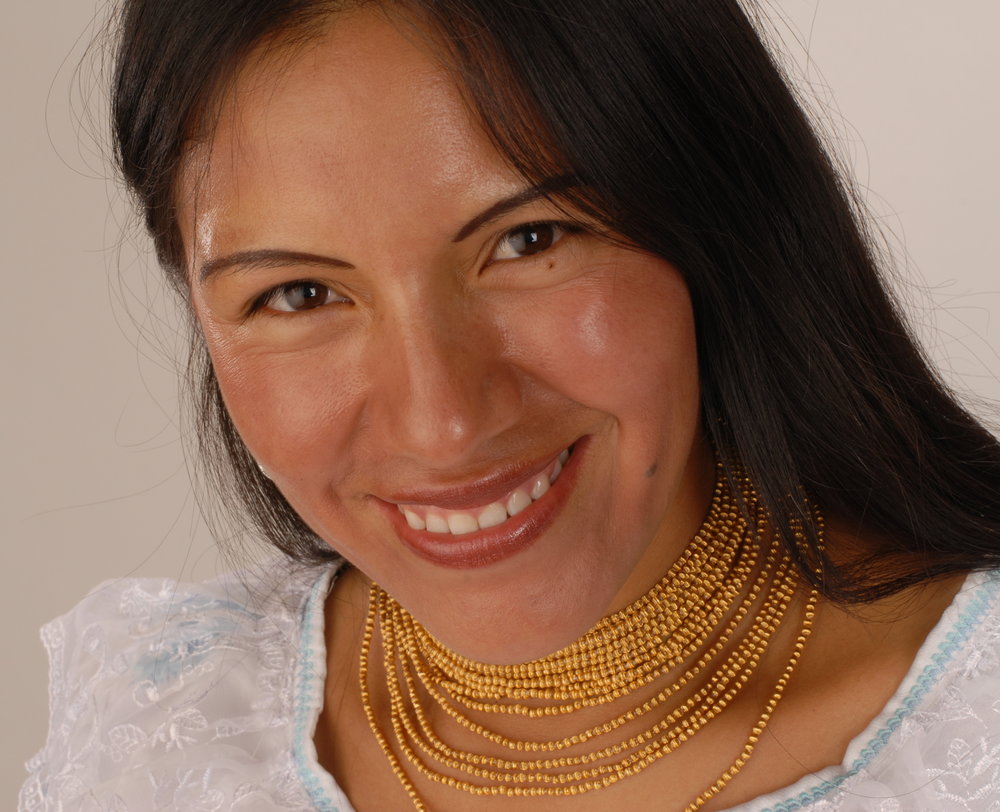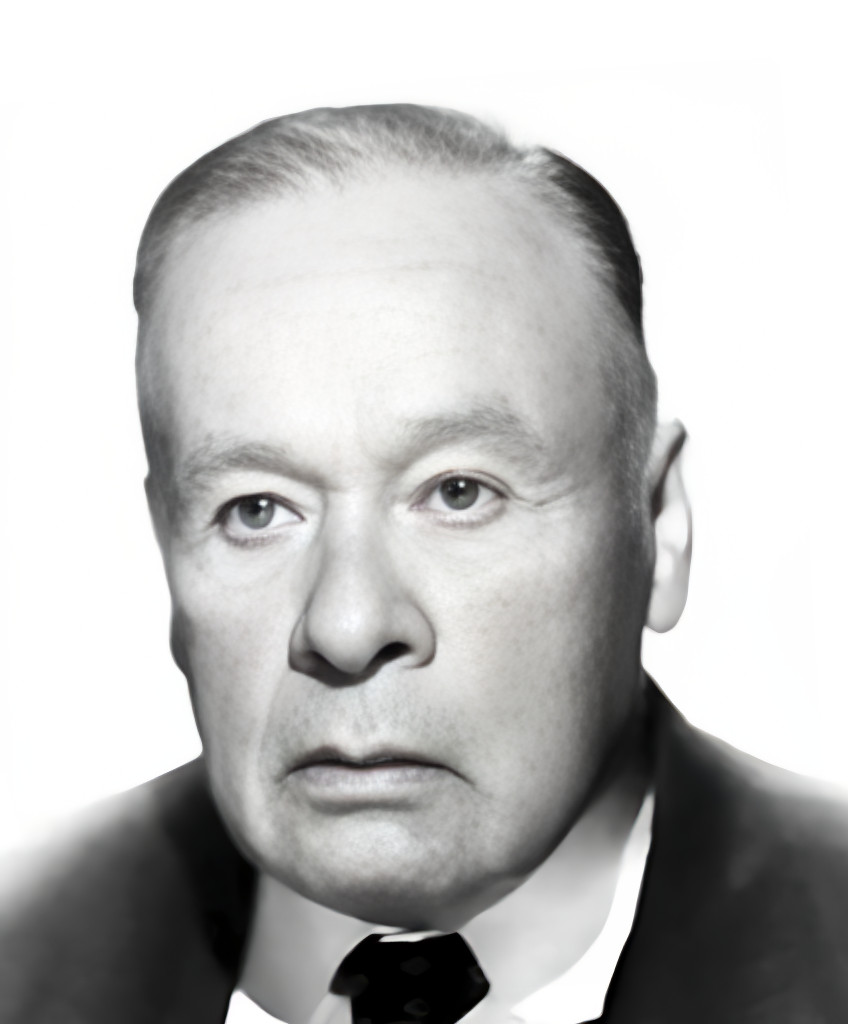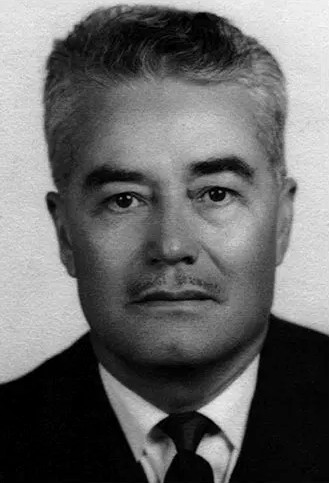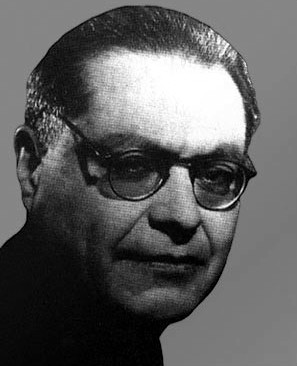Ariruma Kowii, born Jacinto Conejo Maldonado (Otavalo, Imbabura, Ecuador, August 4, 1961) is considered one of the most important poets writing in the Quechua language. His debut poetry collection Mutsuctsurini (1988) was one of the first books to be written and published exclusively in Quechua. He is also a columist for the Quito newspaper Hoy. In 2007 he was appointed Undersecretary of Education for the Indigenous Peoples of Ecuador in the Ministry of Education, responsible for Intercultural Dialogue. He teaches Literature and Cultural Studies at the Simón Bolívar Andean University. He is the brother of the mayor of Otavalo, Mario Conejo Maldonado.
Continue reading “Ariruma Kowii”Category: Writers from Otavalo
Jacinto Collahuazo
Jacinto Collahuazo (Otavalo, 1665 – 17??) was a cacique (indigenous political leader) from Otavalo, Ecuador. He was a poet and historian who was imprisoned by the Spanish for having written a book in Quechua related to the war between Huáscar and Atahualpa titled, “History of the civil wars of Atahualpa and his brother Atoco, known commonly as Huascar Inca.” His work was burned publicly by the Magistrate of Ibarra and he was sentenced to jail, where he spent his last days. He is considered the first Ecuadorian indigenous chronicler. He lived past 80 but his exact date of death is unknown.
Continue reading “Jacinto Collahuazo”Yana Lema
Yana Lema, full name Yana Lucila Lema Otavalo (Peguche, Otavalo canton, Ecuador, 1974) is an Ecuadorian journalist, writer, poet, translator, cultural promoter, and college professor. She writes in Spanish and Quechua. For more than seven years, she worked as a presenter on the RTS Kichwapi newscast and later on Ecuador TV’s Willaykuna newscast. In 2016, she published her story “Chaska” in Quechua and Spanish, and in 2019, her collection of poems “Tamyawan Shamukupani.” Lema has participated in fairs and literary festivals in Quito, La Paz, Havana, Guadalajara, Guayaquil, Medellín, Bogotá, Mexico, and Genoa. In 2021, her poetry book “Tengo hambre de tu boca” won the Jorge Carrera Andrade Prize. She resides in Guayaquil and serves as a professor at the University of the Arts, where she teaches Oral and Latin American Literature.
Continue reading “Yana Lema”Segundo Moreta Morales
Segundo Moreta Morales (Otavalo, Ecuador) is an author, storyteller and intercultural educator. He is the author of the children’s book Juanita the Colorful Butterfly (2015), illustrated by Into Gualapuro and Luis Uksha. Told in Spanish, Kichwa, and English, it tells a charming tale of a butterfly who loses her color when a witch casts a spell on her; Juanita’s nature-dwelling friends help her to become colorful again.
Continue reading “Segundo Moreta Morales”Maria Virginia Farinango
Maria Virginia Farinango (Otavalo, Ecuador) was born in an Indigenous Quichua community near Otavalo, Ecuador. In 2011, she and Laura Resau co-authored the novel The Queen of Water, based on the true story of her girlhood. After many years of running her own Andean crafts business and traveling extensively with her husband, Tino, an Andean musician, Maria Virginia earned a master’s degree in psychology. Maria Virginia now resides in Otavalo with her husband, son, and daughter, where she practices clinical psychology.
Continue reading “Maria Virginia Farinango”Isaac J. Barrera
Isaac J. Barrera (Otavalo, February 4, 1884– June 29, 1970) was a writer, journalist, literary critic, historian, biographer and university professor. As a journalist, he founded several influential literary magazines and worked on the editorial staff of El Comercio between 1933-1955, authoring over 7,000 articles in this period. He wrote biographies on Vicente Rocafuerte and Simón Bolívar. He also authored book-length studies on Ecuadorian literature, the history of journalism in Ecuador, and colonial Quito. His best-known book is “Historia de la literatura ecuatoriana“ (1944; History of Ecuadorian Literature), which organized authors by genre and provided comparative analyses of their works, as well as an examination of the literary theories underpinning them. He was a member of the Ecuadorian Academy of Language. In 1973, a collection of his poetry was published posthumously.
Continue reading “Isaac J. Barrera”Gonzalo Rubio Orbe
Gonzalo Rubio Orbe (Otavalo, Imbabura, June 29, 1909 – October 24, 1994) was an Ecuadorian anthropologist, historian, biographer and educator. He was a protégé of Pío Jaramillo Alvarado, a key leader of the indigenista movement. Rubio’s works represent some of the earliest anthropological assessments of indigenous societies in Ecuador. His principal book is Los Indios Ecuatorianos (1987; The Ecuadorian Indians). From 1971 to 1977, he directed the Inter-American Indian Institute (III), based in Mexico. He also wrote biographies on notable Ecuadorians, such as Luis Felipe Borja and Eugenio Espejo. An indefatigable educator, he continued to lecture to university students until his dying day.
Continue reading “Gonzalo Rubio Orbe”Fernando Chaves
Fernando Chaves Reyes (Otavalo, February 13, 1902 – Quito, 1999) was an Ecuadorian novelist, essayist, journalist, diplomat, and politician. He is best known for his novel Plata y bronce (1927), which pioneered the indigenist movement in Ecuadorian literature, depicting the social struggles of indigenous communities. His literary work influenced future generations, including Jorge Icaza, author of Huasipungo. In addition to his literary career, Chaves served as Ecuador’s ambassador to several countries and held the position of Minister of Education. In 1991, he was awarded the National Grand Cross of the Order of Merit.
Continue reading “Fernando Chaves”
